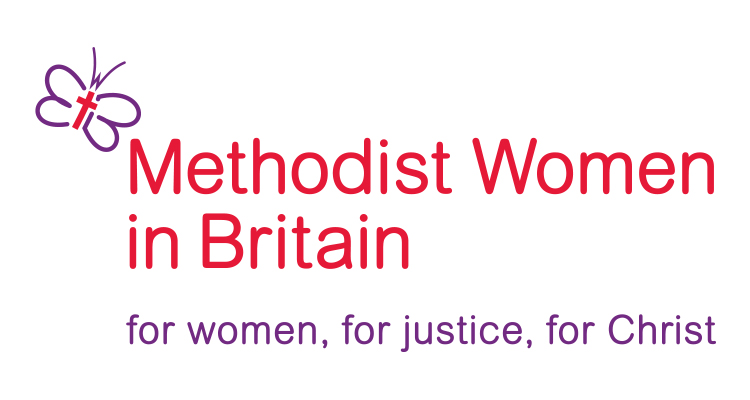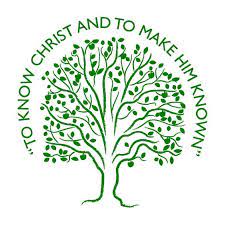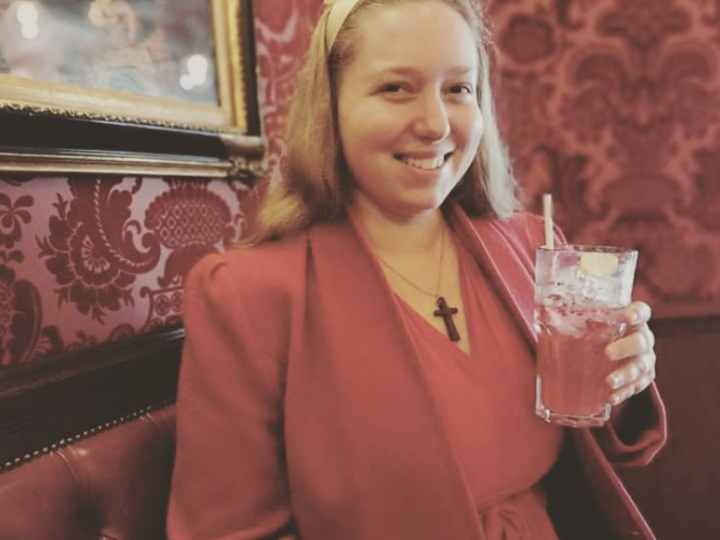In her second article Madeleine again shares her heartfelt thoughts – if you want to contact Madeleine details are at the end of the article.
The stranger who dwells among you shall be to you as one born among you, and you shall love him as yourself; for you were strangers in the land of Egypt: I am the LORD your God.
Leviticus 19:34, NKJV
I wanted to use the King James Version for the verse cited above, but I thought it might be better to be understandable than pretty. I tend to prefer the NIV translation, but I wanted the word ‘stranger’ rather than ‘foreigner’. That is because I am casting myself in the role of stranger for the sake of the argument I am about to make.
Strangers move among us all the time – for those of us who have a family member who is withdrawn, secretive or perhaps is struggling with dementia or Alzheimer’s, then we know how easy it is to be a stranger. I have gone through the majority of my life as a stranger, never fitting in anywhere and unable to make any kind of deep or lasting connection with the people I came into contact with – I didn’t know that I was autistic until I was 20, and by then I had sort of accepted that I was destined to be an outsider. Perhaps somewhat dramatically, I drew comparisons between my own experience and that of Moses – a foreigner among my native people, set apart and frequently disowned. I suffer continually with Imposter Syndrome – that feeling that I don’t fit in and, sooner or later, someone will notice. For example, I was afraid to talk with my church friends about my theology or my spiritual trials for fear of being outed as a ‘bad Christian’; it took me a long time to say anything in a church context without tacking a question mark on the end of it. In short, I am a stranger – I am strange to those I dwell in the midst of.
I mean, so is God, so perhaps I can’t really complain.
When Jesus appeared to the disciples on the road to Emmaus, He was a stranger to them, though He walked and talked with them and was even invited to dinner. I have been invited to dinner with people who seemed to be strangers, only to find myself loving them. Likewise, I have eaten with people who might have considered me a friend, but have left me with a deep sense of being out of place.
This feeling of separation is especially strong during certain sermons, services and Christian gatherings, not because of who’s there with me, but because of who they think is absent. Let me explain.
I have worked for some small time in church safeguarding. Every time people speak to me about safeguarding, they are teaching me how to safeguard others, listing which groups of people are vulnerable.
When our church joined the Warm Spaces movement, there was a lot of talk about the people in our community who are struggling financially, again resulting in lists of vulnerable groups of people.
Both of these things, safeguarding and Warm Spaces, are good. But the congregation was told how to help those in need – and I got a very powerful feeling that it was assumed that those people in need where outside of the church, beyond our doors.
I don’t want to host myself a little pity party here; I refuse to be made ashamed of things that I can’t change about myself, so I’m just going to say it simply: I am a young disabled woman living below the poverty line. My family have always lived below the poverty line; we’ve never had the heating on at night. My disability was only discovered a few years ago and diagnosed last winter, but it’s a lifelong condition that is ever fluctuating. Sitting there in church, listening to preachers and speakers talk about the poor and vulnerable, is very painful when you are the poor and vulnerable.
It is not my intention or desire to shame anyone or to dissuade the discussion of such important topics as providing for those who are in need; I’m just very much aware that the church in rural Britain is very much a middle-class place (I can’t speak for the cities).
We want to welcome the stranger, to love the overlooked, feed the hungry, help the helpless, lift up the downtrodden, but when the stranger is in our midst, it’s so easy to lose sight of them.
I feel very strongly that this is rooted in a deep sense of ‘them and us’. ‘Them and us’ mentality has been a very prevalent attitude in the church for as long as the church has existed – it’s also something that we can see in almost every human community. It’s the basis for racism, sexism, homophobia, ablism, and any other thought process that splits people into different categories. It’s them versus us – we are the good guys, they’re the bad guys. We’re right, which means that they must be wrong.
I am comfortable, you are like me, therefore you must be comfortable too.
I think it’s generally accepted as bad manners to talk about someone as if they’re not in the room. I have been a Christian and a church-goer for almost eight years and have felt far too frequently as if I’m listening in on a conversation about myself – the poor and vulnerable.
The church doesn’t mean to do it – none of us means to – but we do. I wonder if you’ve experienced this too, maybe listened to a talk on caring for people with a condition or injury that you have, maybe felt as if you’re the only person present who is affected by the troubles we hear preached about from the exulted pulpit. We don’t like admitting when we’re in need, do we? Perhaps we’re all a little too eager to put a bit of distance between ourselves and the stranger in our midst. If Jesus, in His poverty and radicality, took a seat next to you in a Sunday service, I wonder if He would feel lonely?
I know I do.
Madeleine
If you want to contact Madeleine please email: hkms.mwib@gmail.com



